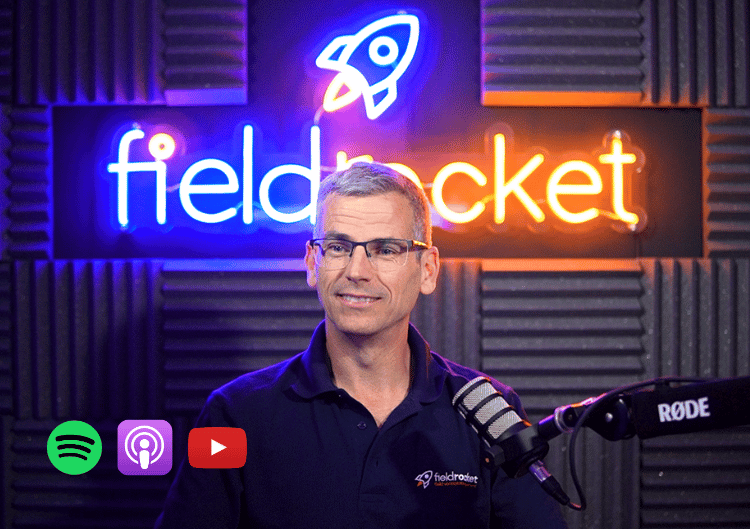EP #23 – What Technicians Get WRONG in OFTEC Inspections w/ John Vinter
Overview
OFTEC regulations aren’t meant to catch technicians out, but they can still be a little tricky. Especially with so many oil engineers working on gas appliances as well, the differences between the two can muddy the waters.
Tune into this week’s episode where we talk with John Vinter, the Inspection Services Manager at OFTEC, for tips, advice, and lots more useful information.
Listen to the episode:
Highlights
What to expect
- (1:18) Inspections are part of life if you want to be on a competent persons scheme like OFTEC, but they aren’t meant to be daunting.
- (1:51) For both first and routine inspections, you’ll get a call from an inspector.
- You can ask any questions here, agree on a time, and they will send an audit plan.
- (2:30) The most important thing is to read the attachments sent over with your confirmation letter.
Routine vs initial inspections
- (2:52) When you first join, you’ll get an initial inspection within the first 3 months to introduce you to OFTEC.
- There is an annual inspection the following year, and another after that. After these 3, a risk assessment is done of your company and if you pass, you only need inspections every 5 years.
- (4:06) Customer complaints will be investigated, and this may mean an inspection outside of the normal cycle. These are quite unusual, however.
What catches technicians out?
- (5:20) The most common thing technicians get caught out on is heat loss calculations.
- A lot of technicians are both gas and oil. Since gas is much more common, they come into the inspection with a gas mindset.
- (6:38) Gas boilers will modulate down to the appropriate kW, meaning heat loss calculations aren’t so critical. Oil boilers don’t typically modulate.
- (8:20) A lot of oil boilers that were fitted before are oversized, as modern insulation and double-glazing has made heat loss more efficient.
- (9:28) Heat loss calculations must be kept for 6 years.
- (10:15) Oil tanks are another part. Sometimes they are installed too close to the boundary.
- (11:40) If you read the audit plan beforehand, things will be much smoother.
- (14:45) It’s important to report on the condition of the oil tank, not just the boiler, to make sure you are not liable.
- (19:55) You need a waste carrier’s license for any byproduct of your business.
The difference between gas and oil
- (5:46) Gas Safe monitors you according to gas safety and use regulations. It’s mandatory to be on the Gas Safe Register. An OFTEC inspection is based on British building regulations and manufacturer instructions.
- (12:20) In the gas world, manufacturers instructions are everything. For oil, you also have to take into account building regulations.
- You should follow the most strict of the two – for things such as flues, distances to windows, etc.
- (14:05) Oil classifications for risks are “Immediate Risk” or “Potential Risk”.
- (17:00) Oil installations are completely off-grid, which means nobody can cut off the customer’s supply without their permission, even if you think it’s dangerous.
- It’s important to get evidence that you’ve told them it’s not safe to use.

